Research Projects
In the zoo_e lab, we mainly use comparative approaches to study the genetic basis of adaptation and evolution in animals. Insects are the main group of organisms we study (because they are fantastic), but we also enjoy studying other animals. Our lab works in close contact with other groups in our department working on the genomics of insects of agricultural and medical importance. We also have ongoing collaborations with research groups in Italy and abroad, providing a constant flow of ideas, new skills and abilities, passion and enthusiasm.
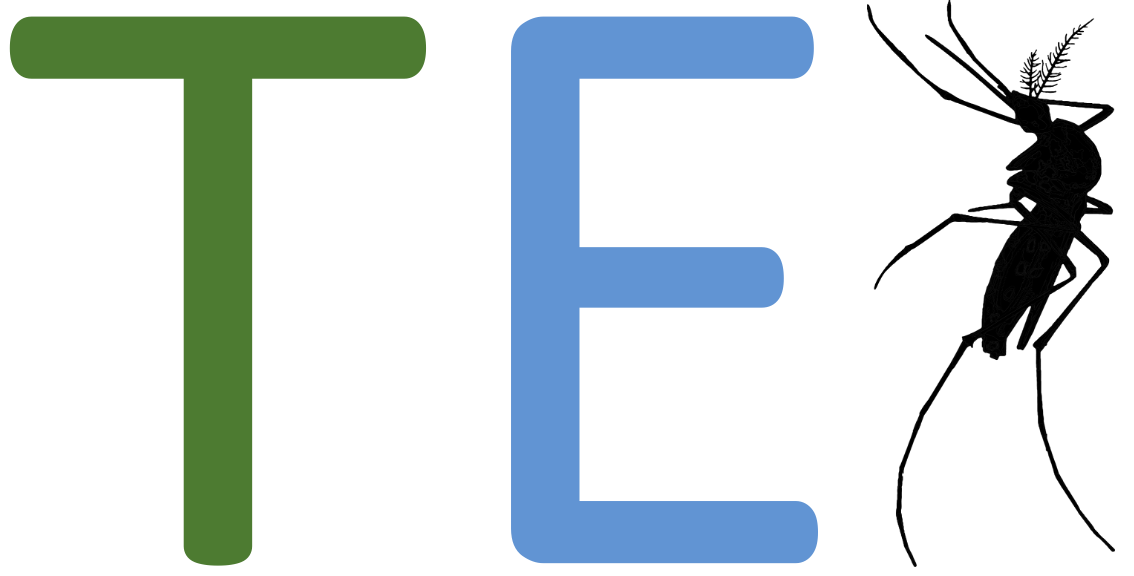
Despite the severe bottleneck associated with its invasion, the tiger mosquito Aedes albopictus shows a remarkable ability to adapt to its new temperate environment. Can transposable elements (TEs) play a role as mutational agents allowing such rapid adaptation? This is particularly relevant for Ae. albopictus, where more than half of the genome consists of TEs. To explore this possibility, we are currently studying the TE landscape across the entire Culicidae family and in natural population of the tiger mosquito, as well as using laboratory experiments to test the hypothesis that TEs are mobilized under (thermal) stress. These complementary analyses have the potential to provide new insights into mosquito genome evolution and invasiveness. This project is in tight collaboration with Omar Rota-Stabelli (University of Trento) and Andrea Luchetti (University of Bologna)
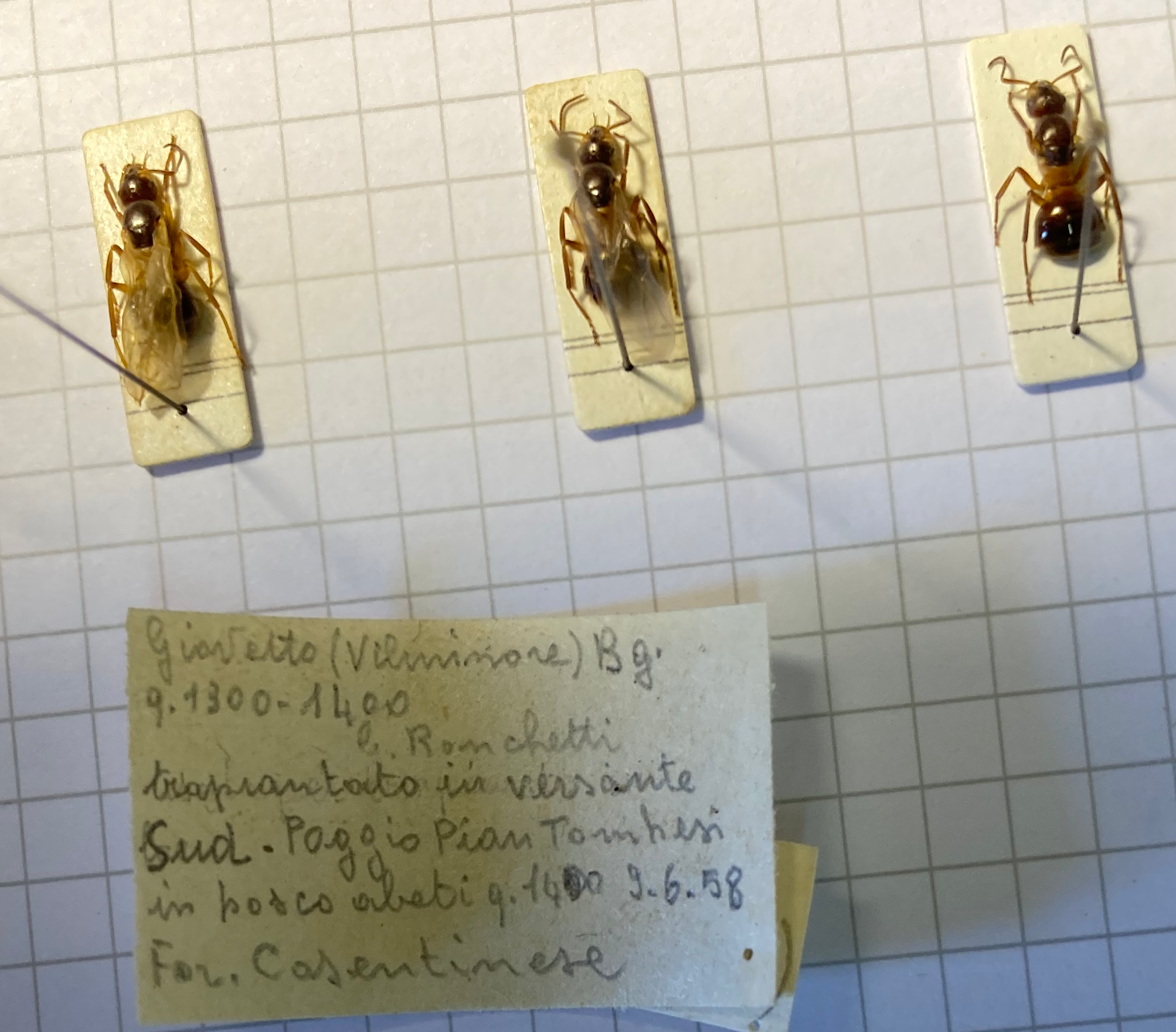
The mountain wood ant Formica paralugubris, native of the western Alps, is extremely important for the forest ecosystem functioning. Because of the intense predatory activity on other arthropods, this species has been introduced to the Apennines (Italy) and other localities for pest control. We are currently sequencing individuals sampled from the native and introduced ranges, as well as historical specimens from the translocation experiments, to assess the evolution in space and time of this ant species. This project benefits from a collaboration with with Fabrizio Ghiselli and Andrea Luchetti (University of Bologna), Alberto Masoni and Giacomo Santini (University of Florence), Anna Olivieri (University of Pavia), and the Kosmos natural history museum of Pavia. For more information visit the WWA project official website.
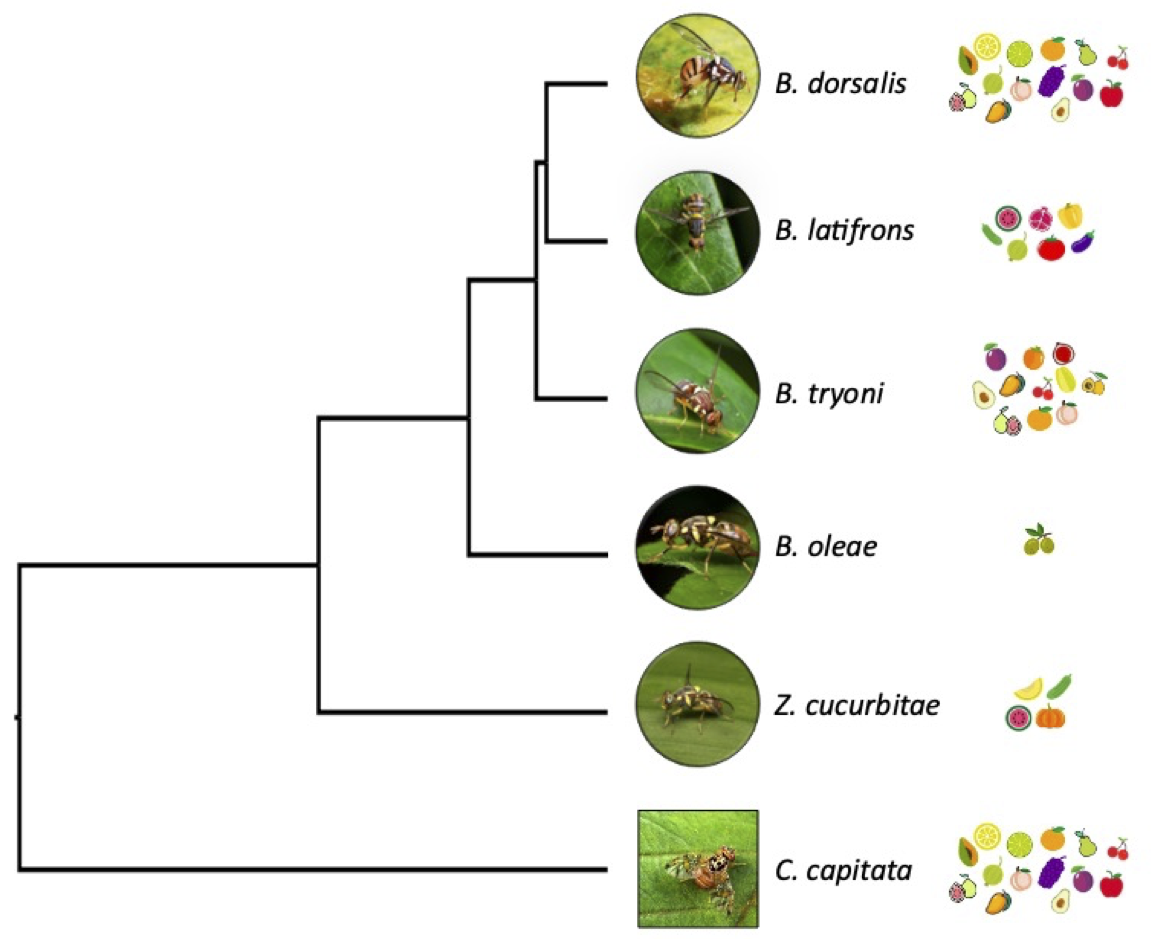
We study the genetic basis of the remarkable diversity in Diptera biology. Several students in our lab have used or are using this system to learn the comparative approaches and bioinformatucs tools necessary to study and understand the evolution of, for example, chemosensory genes and opsins. We are taking advantage of the increasing amount of genomic data available in public databases, focusing in particular on Drosophilidae and Tephritidae (true fruit flies, such as Bactrocera and Zeugodacus), which include several important agricultural pests of global importance, and on Glossina (tse-tse flies), which are vectors for trypanosomes.
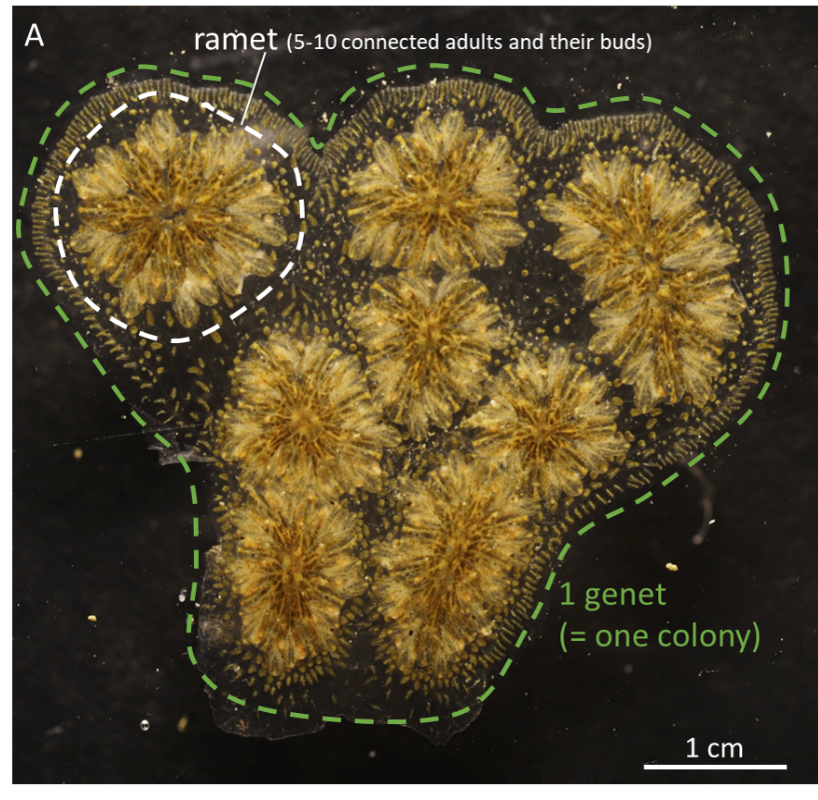
In this project, we combine bioinformatic and experimental approaches to characterize the pattern of somatic genetic variation in the colonial tunicate Botryllus schlosseri and to test its dynamics with respect to different levels of selection (colonies, modules and cells). In particular, we are using deep-sequencing to identify somatic mutations in laboratory-reared colonies. This will allow us to test whether selection or somatic drift can increase their frequency in the colony and whether they can eventually be passed on to the next generation. This project is leaded by Stefano Tiozzo (CNRS/Sorbonne Université) and sees the collaboration of Alex Cagan (University of Cambridge) and Jean-François Flot (Université Libre de Bruxelles).
More
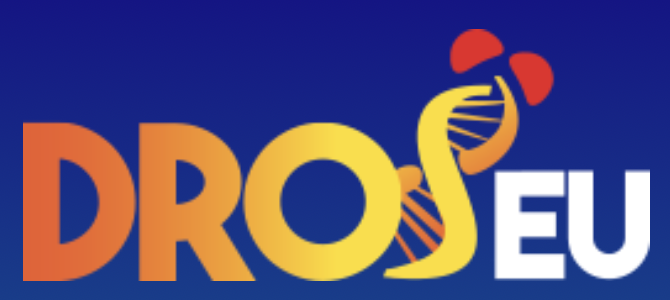
We are part of the European Drosophila Population Genomics Consortium, which brings together researchers from around the world to study Drosophila evolution over space and time.
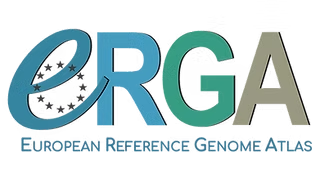
The European Reference Genome Atlas (ERGA) consortium is a pan-European scientific initiative that aims at producing high-quality reference genomes of European species, to better understand how biodiversity functions. Lino Ometto is member of the Citizen Science and the Training and Knowledge Transfer steering committees.

